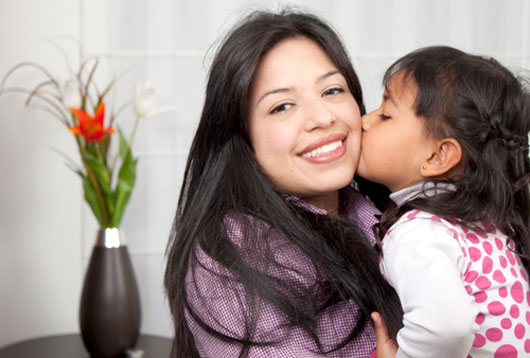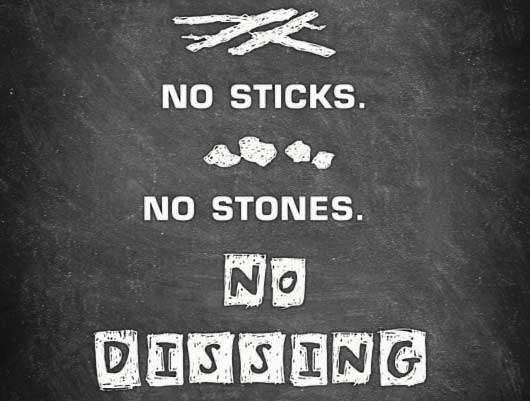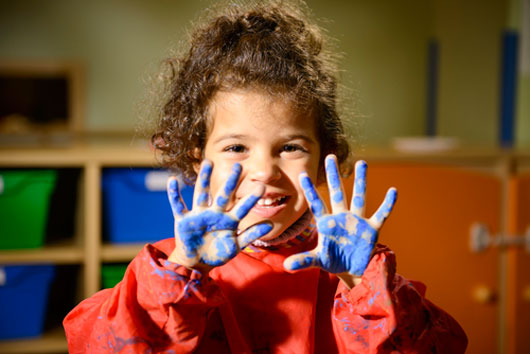
Four years ago, my husband and I traveled to Ethiopia to meet and bring home our son. As I reflect on our four years together as a family, I know that our most important work was done in those early days, weeks, and months where we worked deliberately to build a relationship with our baby boy—one that allowed him to have a secure base from which to explore and appropriately develop emotionally, socially, and physiologically.
Usually, that kind of attachment happens naturally after birth. A baby heads home with his parents, and they nest while they get to know each other. But infants, toddlers, and children adopted later have had their relationship with their central caregiver disrupted at least once (when the child goes from biological parent to adoptive parent) and often times more than just once. So the cornerstone to building a thriving relationship after adoption is to nurture and create attachment so the child develops a sense of permanence with his family.
If you are adding to your family soon through adoption, here are five best practices to build attachment with your new child. We learned these along the way from healthcare professionals, books, other adoptive families, and trial and error.
SLOWLY TRANSITION
If you are adopting an infant internationally, bring home about a week’s worth of the formula your child used in his birth country and then slowly transition to a formula found in your home country. Meanwhile, feed on demand until you have had a visit with your doctor to determine a feeding plan. Make lots of eye contact, especially during feedings. And always feed your child. Even if he wants to feed himself, make sure your hands are on the bottle, too.
STAY HOME
Preventing overstimulation is so important in the early days. So much has changed for a child and that is overwhelming enough. Keep your life as simple and underwhelming as possible. Just get settled at home, and establish a routine while getting closer without distractions.
Related Video: Getting Your Home Ready for Baby (Nesting)
AVOID THE PARTY
People will want to throw showers or meet you at the airport. Wait for a while before you have those types of celebrations. Skip overnight travel and avoid larger group functions for several months. Let your loved ones know that parenting a child who is adopted requires nuances of care that are different from parenting a biological child.
TAKE IT ALL ON
Embrace and be responsible for all of your child’s care. Do the feeding, diapering, comforting, caring, bathing, and putting to bed as much as possible for at least several months. This can get exhausting, but it is so important as it shows your child over and over again that you are his parents. When people offer to help, give them all of your other chores—grocery shopping, laundry, helping with other children—so you do get some relief.
TALK, HOLD & PLAY
For babies and younger kids, have each parent play on the floor with the child for at least 30 minutes daily for three to six months. Talk often, even (or especially to) an infant. The conversation helps engage the two of you while building language. Each parent should hold the infant or rock an older child for at least 30 minutes, ideally more, daily for at least three months.











